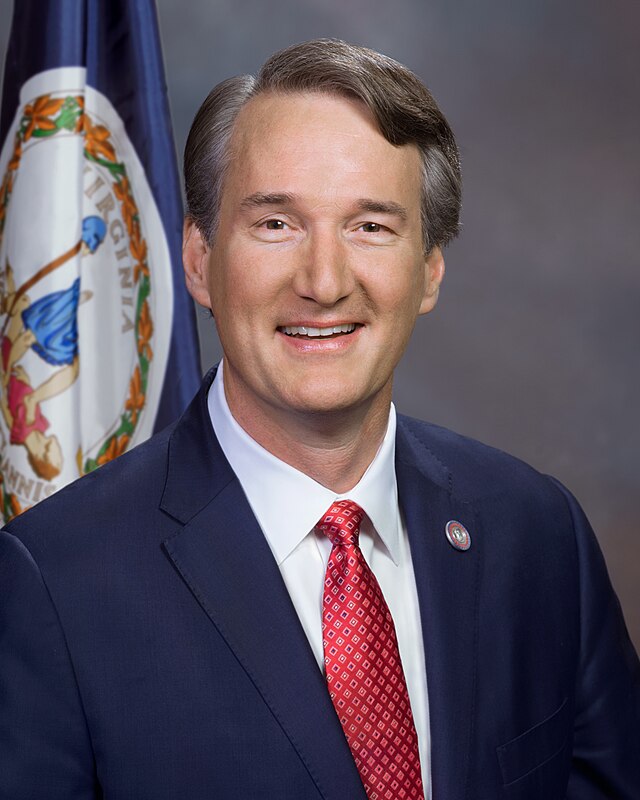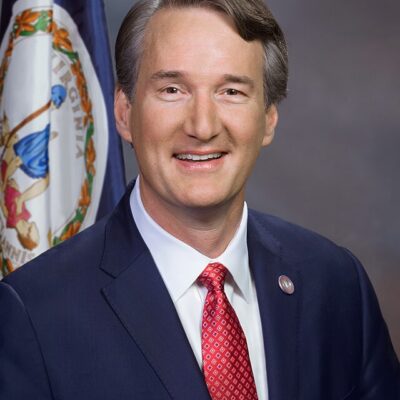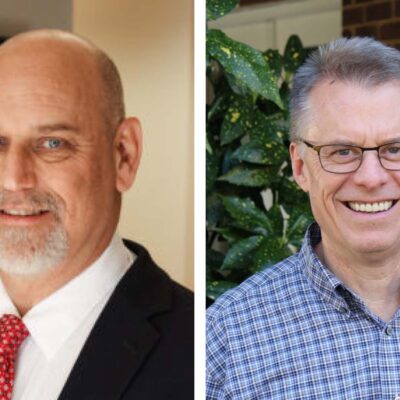
This decoration won’t be topping any Old Dominion wedding cakes if a majority of Virginians
vote “yes” to the State constitution amendment that would ban both marriage and civil unions for members of the same sex.
Talk is heating up about the proposed amendment banning gay marriage. In November, Virginia voters will get the chance to amend the State constitution to explicitly limit marriage to a union between a man and a woman and deny gay couples even the rights to a “civil union”-type relationship. Forums are being held right and left, polls are being taken, opinions are being announced.
And how would Virginia’s State constitution actually be changed?
If a simple majority of voters vote yes, then the following lines officially join the State’s highest code:
“That only a union between one man and one woman may be a marriage valid in or recognized by this Commonwealth and its political subdivisions.
“This Commonwealth and its political subdivisions shall not create or recognize a legal status for relationships of unmarried individuals that intends to approximate the design, qualities, significance, or effects of marriage. Nor shall this Commonwealth or its political subdivisions create or recognize another union, partnership, or other legal status to which is assigned the rights, benefits, obligations, qualities, or effects of marriage.”
It’s that last paragraph that particularly upsets many critics of the amendment, who claim that it could have unintended effects on a much broader scale of partnerships. It’s also the part that precludes the State from setting up any sort of civil union to recognize same-sex relationships.
Advocates say the amendment is needed to “protect marriage from activist judges.” But conservative judge (and UVA law grad) J. Harvie Wilkinson III said in a recent Washington Post editorial that the amendment ironically “vest[s] judges with unprecedented interpretive authority whose constitutional nature makes it all but impervious to legislative change.”
Similar amendments will be on the ballot in seven other states, from Idaho to South Carolina. If a majority vote “no,” Virginia will become the first state not to limit the definition of marriage when it’s been on the ballot. Recent history, however, shows Virginians’ proclivity for altering their sacred State document: Since 1990, it’s been amended every two years.





